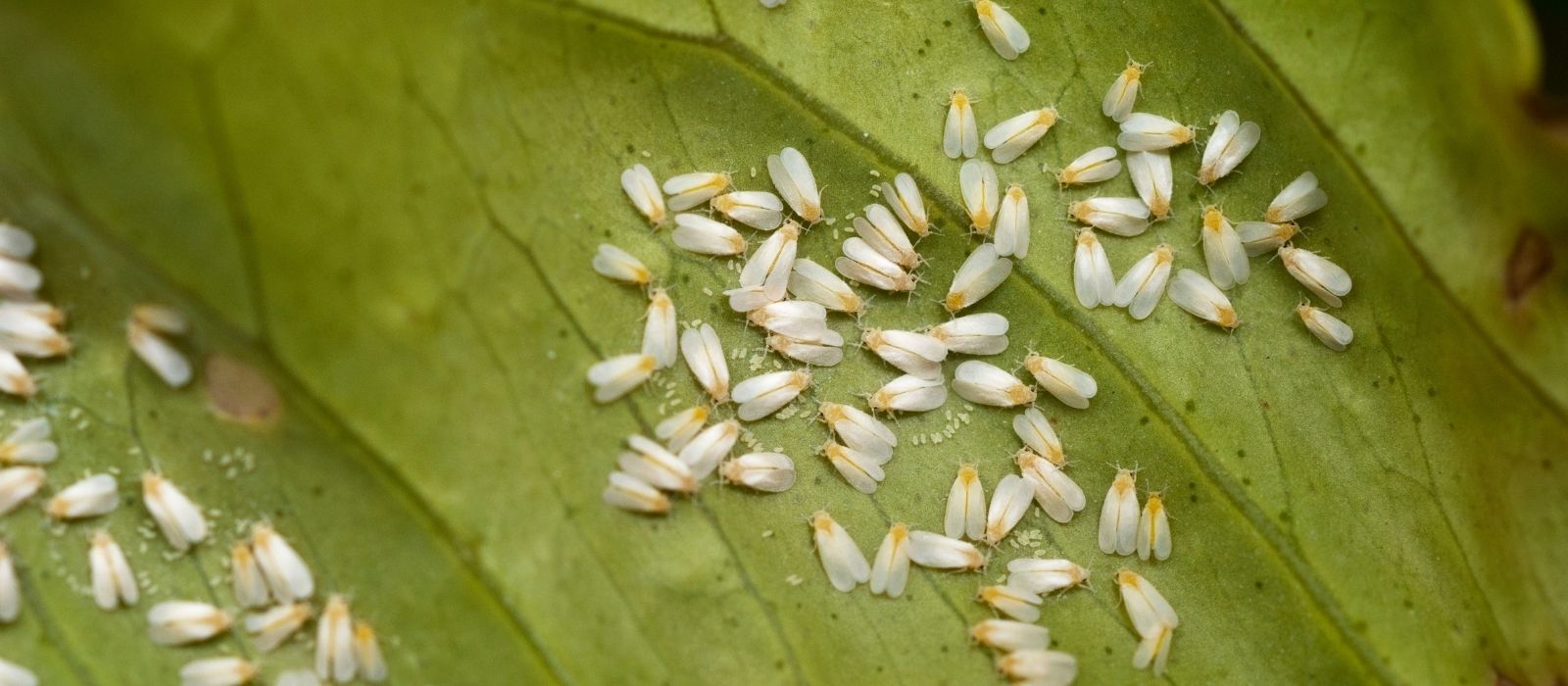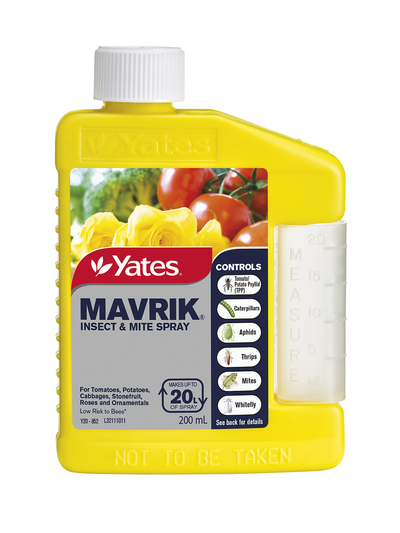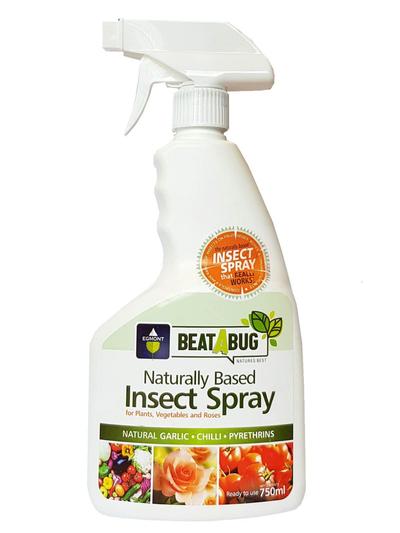
Chewing Insects vs. Sap-Sucking Insects
Chewing Insects
These pests eat plant tissue, including leaves, stems, flowers, buds, and even roots and fruit. Common examples include caterpillars, beetles, and grasshoppers. Contact insecticides are effective in controlling chewing insects, as they work when sprayed directly on them.
Sap-Sucking Insects
These pests suck the sap from your plants, particularly from stems, leaves, flower buds, and young shoots. Examples include aphids, whiteflies, mealybugs, and scale insects. Contact and systemic insecticides can be used for sap-suckers, but only contact insecticides should be used for edible crops.
Systemic vs. Contact Insecticides
Systemic Insecticides
These are absorbed by the plant and travel through its sap. When sap-sucking insects feed on the plant, they ingest the toxin, which kills them. Systemic insecticides last longer in the plant and must be reapplied every 14–21 days.
Contact Insecticides
These kill insects in direct contact with the spray. They are essential for effectively treating chewing insects and should be applied to the tops and undersides of leaves for full coverage. Contact insecticides should be reapplied more frequently, generally every 3–10 days, depending on the severity of the pest problem.
Protecting Pollinators: Save the Bees!
Avoid systemic insecticides when plants bloom, which can harm bees and other pollinators. Systemic sprays stay in the plant for a long time, and bees that visit the flowers can be exposed to the toxins.
Timing is key: Apply insecticides in the late evening, night, or early morning when bees are not foraging. Bees are typically active from about an hour after sunrise to an hour before sunset, so aim to spray when they are not around. Always allow at least one hour for the insecticide to dry before bees can access the flowers.
To effectively combat garden pests, it’s essential to understand the type of insect you're dealing with and choose the right insecticide. Contact insecticides work well for most pests, especially on edible plants. Always remember the importance of protecting pollinators, and choose your products carefully to ensure your garden stays safe and healthy.













